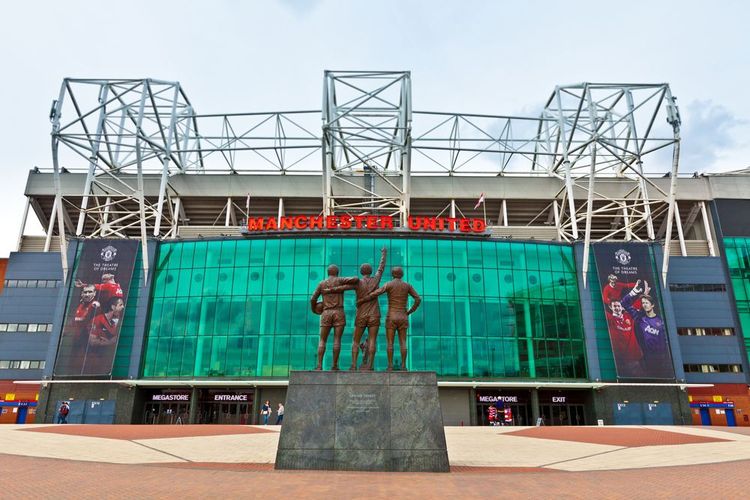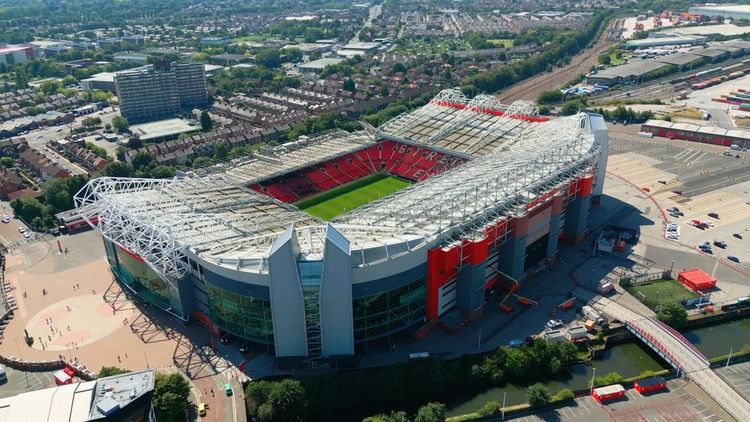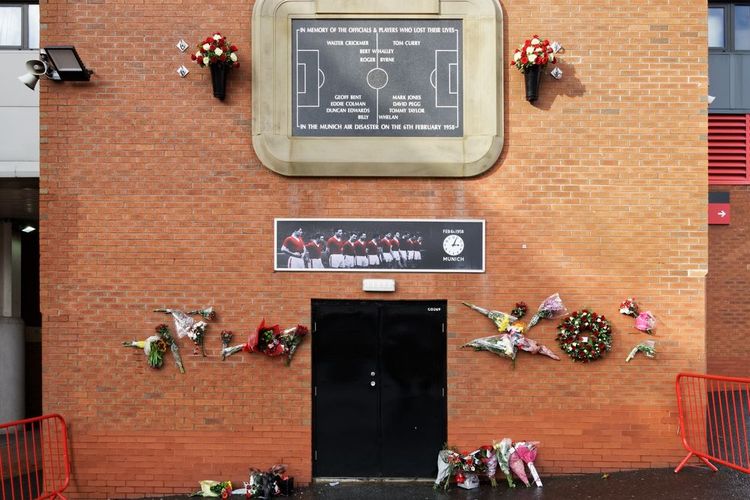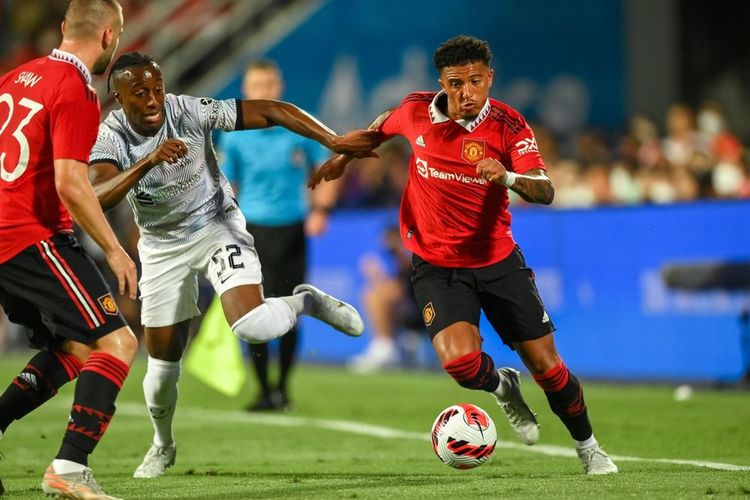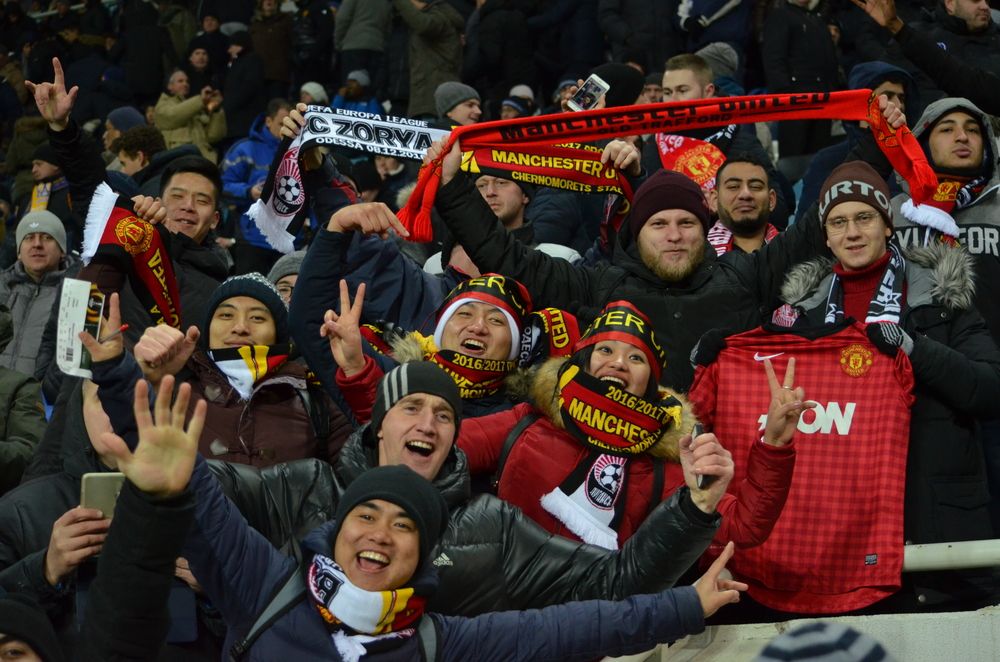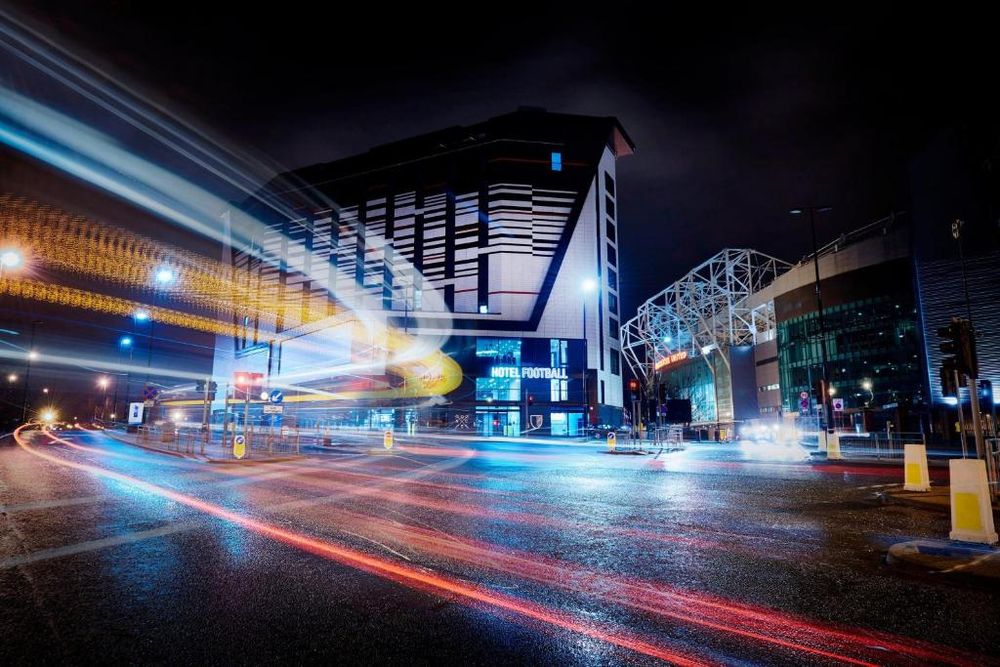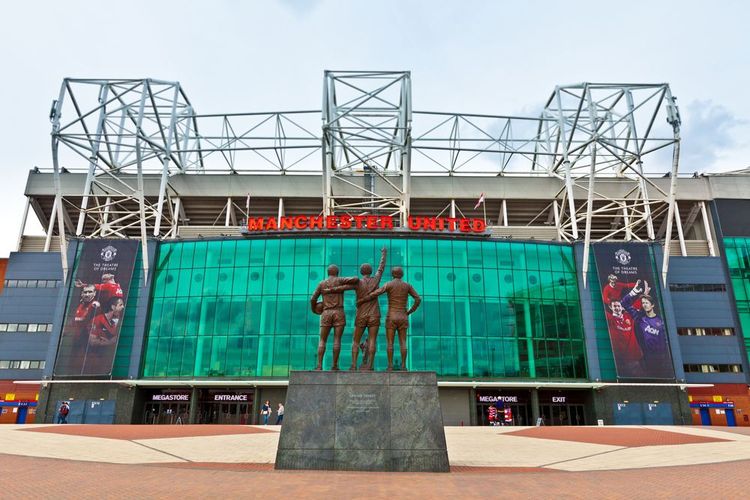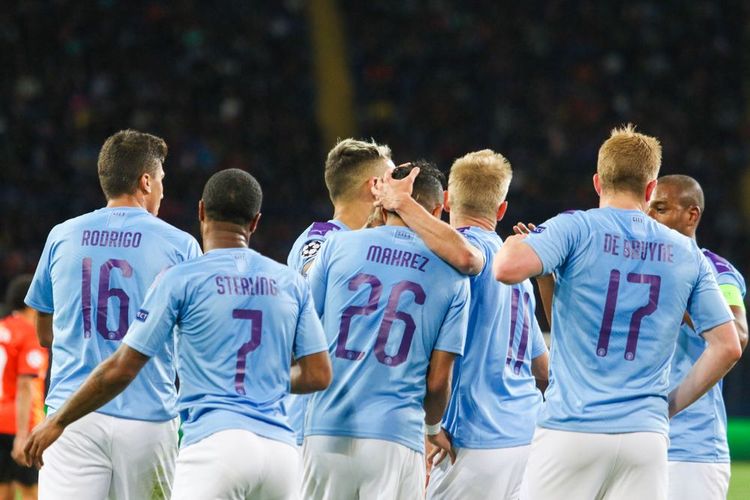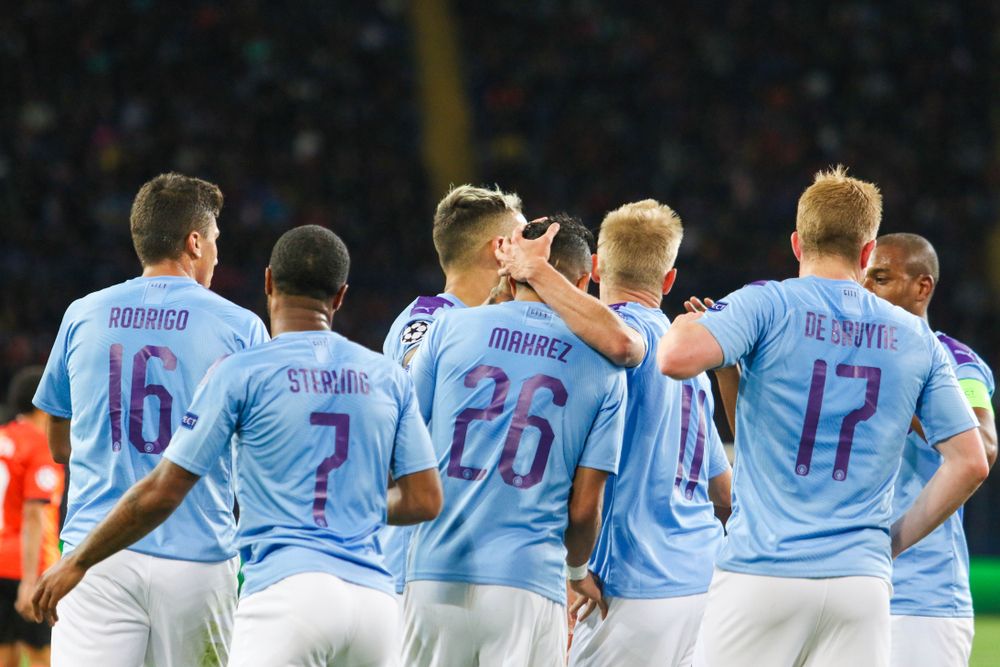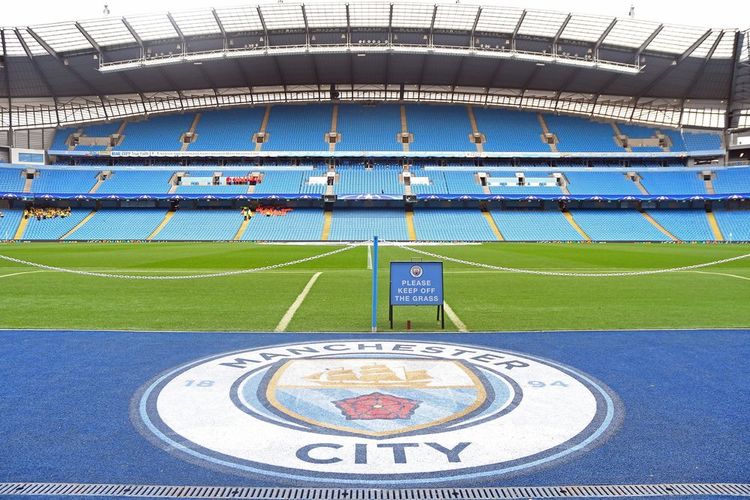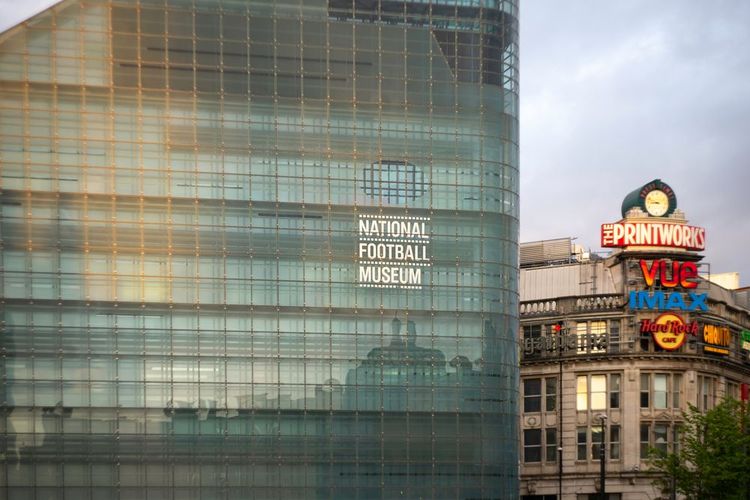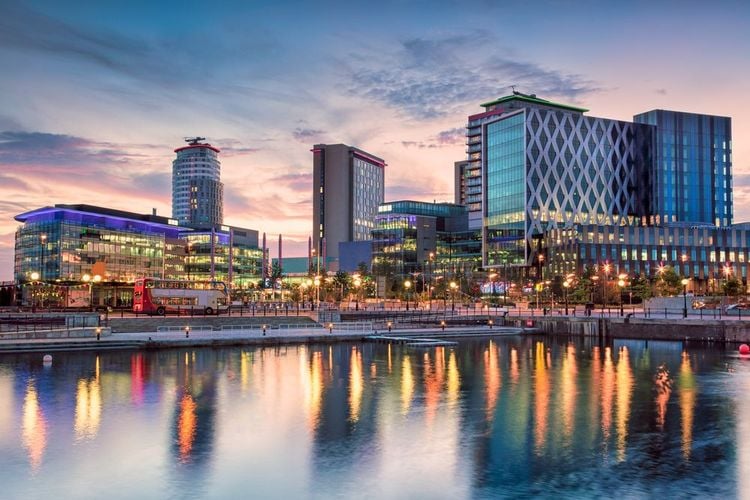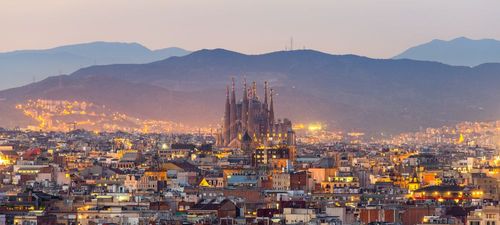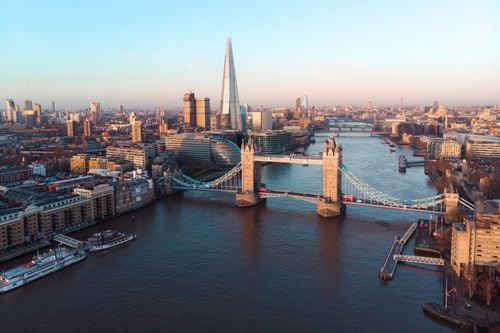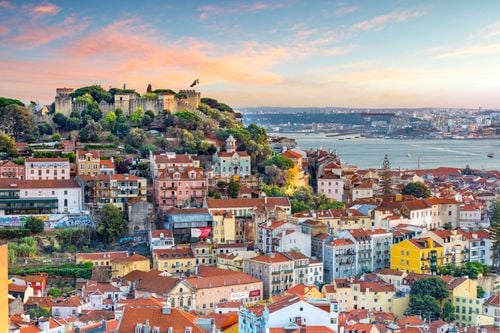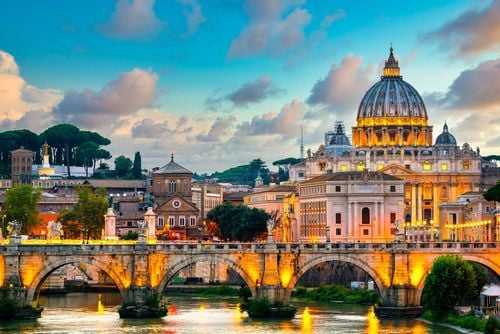United fans will tell you that Manchester United is the real team of the people in the city. And, although both United and City were founded within just a few miles and a few years of one another, and although Manchester City has certainly seen the most success within recent years, United are without a doubt the team with story and history on their side.
The legendary tale of modern Manchester United begins with gut-wrenching tragedy. Returning from the ashes of the Second World War as a side reborn under the leadership of manager Matt Busby, the exceptionally young, talented, and organic team he assembled (affectionately nicknamed the “Busby Babes” in the media) went on to win an FA Cup (1948) and two League Titles (1955-56, 1956-57), as well as becoming the first English team to qualify for the European Cup in 1957. However, disaster struck the following year when, on the way back from a European Cup quarter-final victory against Yugoslavia’s Red Star Belgrade, the team’s plane crashed outside Munich and killed 23 people, including eight players.
